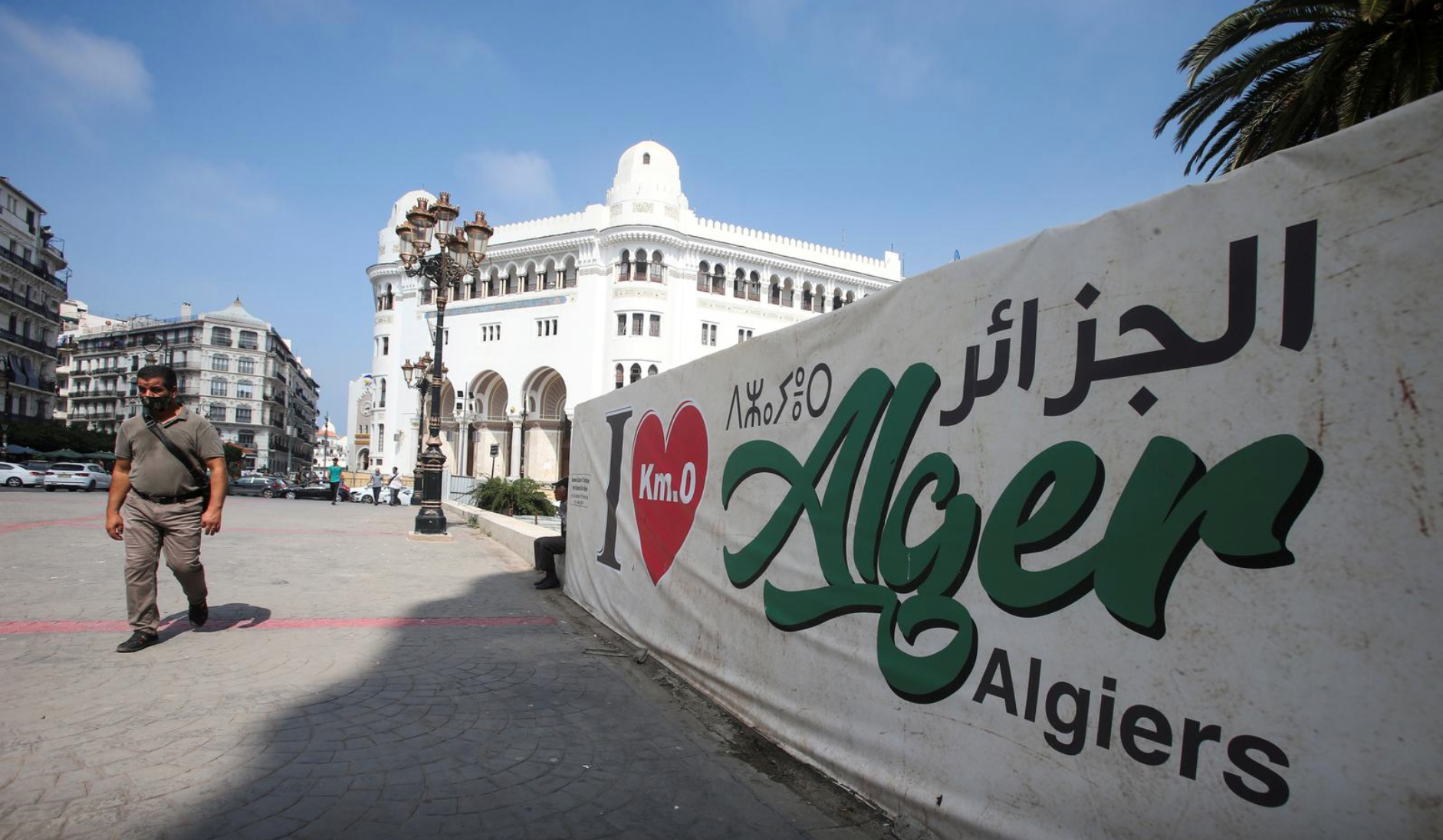
Algeria’s president Abdelmadjid Tebboune signed into law the country’s new constitution on Friday, months after the constitution was approved.
Tebboune referred to the constitution as the “cornerstone of the new Algeria.” The constitution was approved with the backing of less than 15 percent of the electorate in a referendum in November.
The president, who was hospitalized in Germany for two months following reported cases of COVID-19 among his staff, touted the constitution reform process as a way to satisfy the demands of members of the Hirak street protest movement. However, the group had called for a boycott of the November referendum, which they said did not go far enough.
The changes in the constitution include presidential term limits, new powers for the parliament and judiciary and a clause to let the army intervene outside Algeria’s borders.
Along with the constitution, Tebboune has also approved Algeria’s 2021 budget and plans to launch a vaccination campaign against the novel coronavirus, using the Sputnik V vaccine made by Russia, this month.
Changes amid political turmoil
Tebboune had been elected in December in a poll with a turnout of just under 40 percent, the lowest in a presidential election since Algeria gained independence in 1962.
The referendum came almost 19 months after mass protests rocked Algeria and forced long-time president Abdelaziz Bouteflika to step down.
However, the constitution was written by a committee of experts chosen by the Bouteflika regime, and maintains key appointments in the hands of the president. Additionally, critics and experts say that the new freedoms enshrined in the reform are not guaranteed.
By Ankita Mukhopadhyay
IMAGE: A man walks past an “I love Algiers” banner near the central post office in Algiers, Algeria September 16, 2020. Picture taken September 16, 2020 REUTERS/Ramzi Boudina/File Photo




